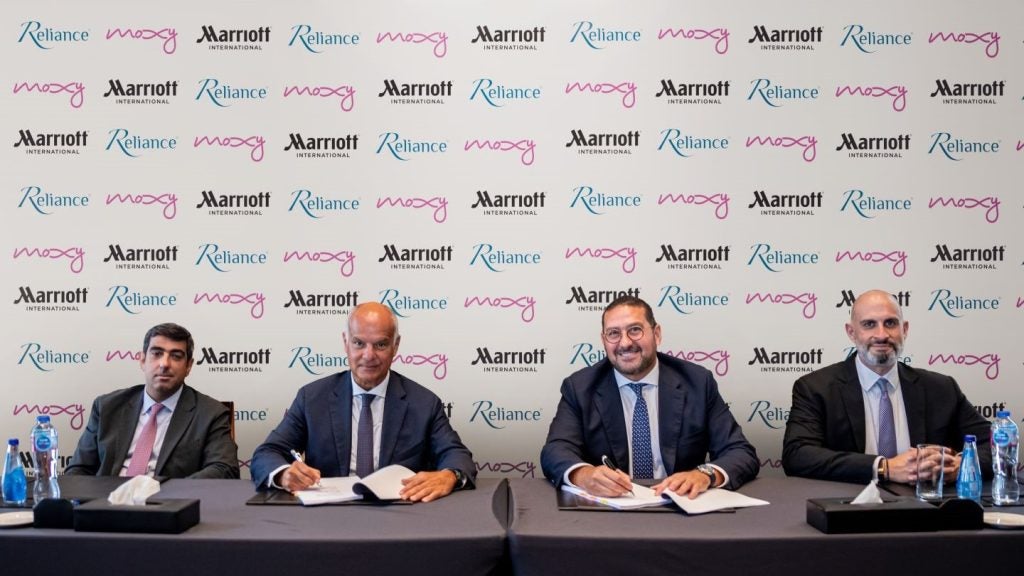The Internet of Things (IoT) in the hotel industry is a network of digital devices and systems interconnected through the internet for optimised expenses and improved guest experience.
IoT solutions offer personalised experience to guests, improve front desk management and housekeeping, minimise work disruptions with lesser unpredicted ad-hoc maintenance call, and enhance guest data collection and management, ultimately leading to more revenue generation.
Smart hotels are increasingly getting popular, as the IoT solutions for hotels can equally impact both hoteliers and visitors. Amazon Alexa, Flic, Valpas, and Nest Thermostats are a few examples of IoT solutions that have been adopted by the hotel industry to turn them into smart ones.
Discover the leading IoT companies in the hotel management
Using its experience in the sector, Hotel Management Network has listed some of the leading companies providing products and services related to IoT.
The information provided in the download document is drafted for hotel executives and technology leaders involved in IoT solutions for hotels.
See Also:
The download contains detailed information on suppliers and their product offerings, alongside contact details to aid purchase or hiring decisions.
Amongst the leading suppliers of hotel IoT solutions are Apple, Alphabet (Google), Amazon, Cisco, IBM, Microsoft, NXP, and Qualcomm.
How IoT benefits guests in the hotel industry?
IoT solutions for hotels offer improved comfort and satisfaction to guests. They allow guests to skip check-in and check-out queues. In-house navigation allows the guests to easily find their way to restaurants and other facilities and offers customised food and personalised room settings.
IoT can turn on guests’ preferred music or television channels and remember their usual food order or ideal water temperature.
Application of IoT in the hotel industry
IoT helps in the automation of guestrooms for improved room service, such as keyless doors that open automatically on the arrival of guests. The machine-to-machine technology can help to make businesses’ maintenance systems smarter, such as the installation of sensors to detect leaking taps or faulty lights. They help in saving energy from heating, air conditioning, or ventilating.
IoT can help in the maintenance of the building and provide smart logistics. An IoT-enabled environment can help in facility management, process optimisation, inventory, and stock management, reducing workforce and supporting cost optimisation.





